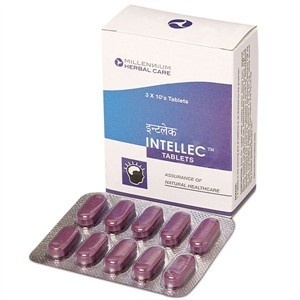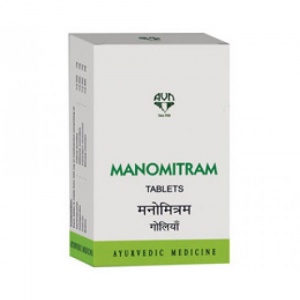ADHD
Showing all 3 results
Attention deficit hyperactivity disorder (ADHD) is a neurobiological condition, causing inattentiveness, hyperactivity and lack of focus. 3-5% children are estimated to be affected by ADHD.
What is ADHD?
In adults as well as in children, ADHD can be quite debilitating. Although the symptoms seem mild and potentially manageable, it can be quite deteriorating in terms of sticking to goals and project completion.
What are the signs and symptoms of ADHD? How do I know if my child is suffering from ADHD?
Lack of attention, inability to stay focused, hyperactivity and impulsive behavior. Other symptoms may include boredom, listlessness, sporadic emotional upsets, and occasional mood swings.
Since these are not observable symptoms, it is tough for a parent or third person to discern for sure. It is best to assess through behavioral symptoms. Performance at school or work, inability to complete projects, falling grades, etc could be indicators. Behavioral indicators include
- Restlessness, being overactive and fidgety
- Being unable to wait for longer than short durations
- Incessant chattering. Interrupting others
Although ADHD is known to be more prevalent in children, adults could just as well be affected by it.
Is there a cure for ADHD?
What causes ADHD?
1. Misfiring in neurotransmitters
2. Chemical imbalances in the brain.
Recent research has also reported decreased dopamine levels in people that are known to be affected by ADHD; this finding correlates the affinity for serotonin ad dopamine inducing drugs in ADHD subjects and subsequent patterns of drug abuse.
Scientists are now conducting studies to look into foods and chemicals that could chemical imbalances. A 1984 study by Benton and team showed no correlation between sugar and ADHD; several studies have further confirmed this (Although sugars in the form of High Fructose Corn Syrup were not included in these studies). Certain synthetic food colorings (azo dyes) have however shown counter-indications with ADHD related behaviors. The European Union has ordered for labels to clearly indicate the presence and type of chemical dyes in foods, along with a warning.
A study published in the <em>Archives of Pediatrics & Adolescent Medicine</em>, states that exposure to Mercury during pregnancy could trigger ADHD related behavior in adolescent children.
Is there a natural remedy for ADHD?
Herbs such as Muccuna, Brahmi and Ashwagandha (Withania Somnifera) are known to stimulate neurotransmission, and help in rebalancing neurotransmitters to optimum levels.
Vedherb's unique therapy includes the use of bio-informatic herbal derivatives and nutritional supplements to improve brains functionality to its normal natural state. This way, you are bringing your brain to perform at its best, in a natural synergestic way, without flooding it with stimulants that could cause further chemical imbalances.
We also recommend a Multi-mineral supplement, containing potassium, Magnesium, Zinc, etc, which are essential precursors for neural synapses.
Meditation, deep breathing exercises and certain Yoga positions enhance your brain’s performance and balance by increasing circulation in those regions.
You can call in or chat with one of our experts to get information on these techniques. You could also engage your child with activities that stimulate mental activity and challenge his abilities. Simple mental exercises have shown to have amazing results in several ADHD afflicted children. Most of all, ADHD is Not a mental illness, it should not be treated as one. Your child has a gift, and he needs your help in learning to use it right.




